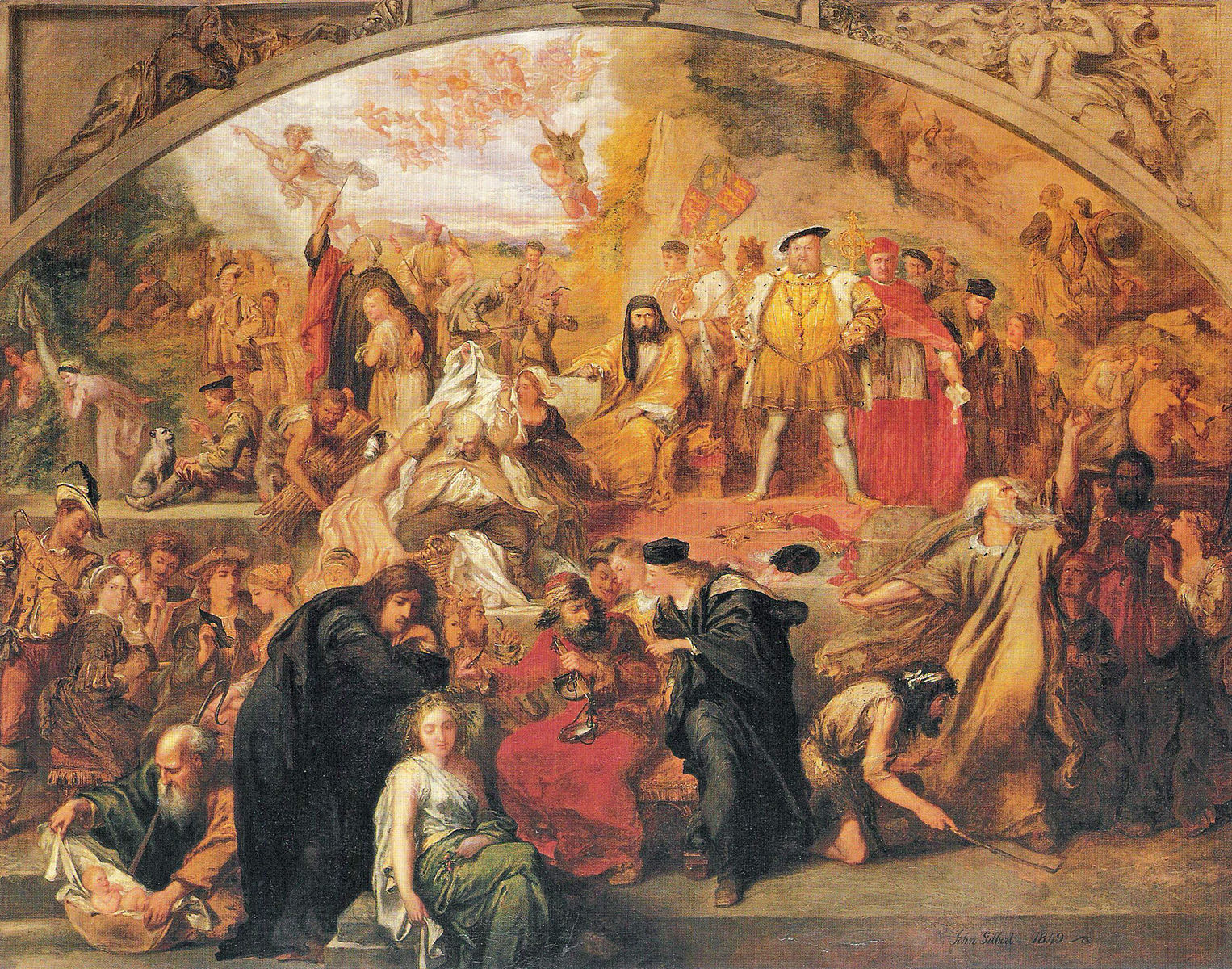Growing up in a household with several intelligent, tenacious and hard-working women, I never lacked a female role model in my life. My mother, aunt and both grandmothers have overcome several obstacles (both personal and professional) and passed that knowledge down to me. Yet when I look at the media — movies, TV shows or books — it is often difficult to find an accurate representation of the headstrong women who raised me. In a recent article, Jane Lunnon, the head of Wimbledon High School, proposed that young women should have role models based off Shakespeare heroines instead of reality stars like Kim Kardashian. Lunnon specifically cited Cleopatra, who was a powerful force to reckon with and had significant influence in a male-dominated society. She also pointed out that Cleopatra showed it’s possible to be accomplished while also having flaws.
I agree with Lunnon to some extent. I appreciate that she brought attention to the fact that even role models are imperfect. Living in an era dominated by social media, we are constantly bombarded by images of unattainable beauty. Our culture, heavily centered around celebrities and their lifestyles, celebrates infallibility; even though most of us are able to distinguish between the Hollywood glamour and the gritty reality of everyday life, these images can be especially impactful to young people. At a young age, boys and girls are molded by everything they witness and experience, so being exposed to the flashy lifestyles of celebrities like Taylor Swift and Kim Kardashian produce a sort of internal insecurity about their own lives.
I find it hard, though, to support the idea that young women should look to all of Shakespeare’s famous dames for inspiration. Of course some of them, such as Cleopatra, make sense as an empowering role model. However, if you take a broader look at the rest of Shakespeare’s female characters, you will find they lack depth and are often merely accessories to a male-centric plot. Take Ophelia in Hamlet for example: Most of her role consisted of her complicated romantic relationship with Hamlet, who himself insults and makes vulgar comments toward her multiple times throughout the play. In the end, Ophelia commits suicide, perhaps for losing her virginity to Hamlet. Shakespeare’s fascination with women sacrificing themselves continues with other characters, most notably Juliet from Romeo and Juliet. Although this tragedy ended with the deaths of both protagonists, the play supports ideas such as betraying one’s family and making impulsive decisions.
Granted, analyzing Shakespeare’s characters would have to take time into context. Women such as Ophelia and Juliet were created in a time when patriarchy was highly ingrained in society, and a woman’s role was primarily to be by her husband’s side. Yet, it is still unsettling when Lunnon says young women should look up to these characters. Idealizing women like Ophelia and Juliet simply reverts us back to dark ages, and in my opinion is no better than glorifying celebrities.
Asha Kodan is a freshman biology major. She can be reached at ashakodan@ymail.com.



